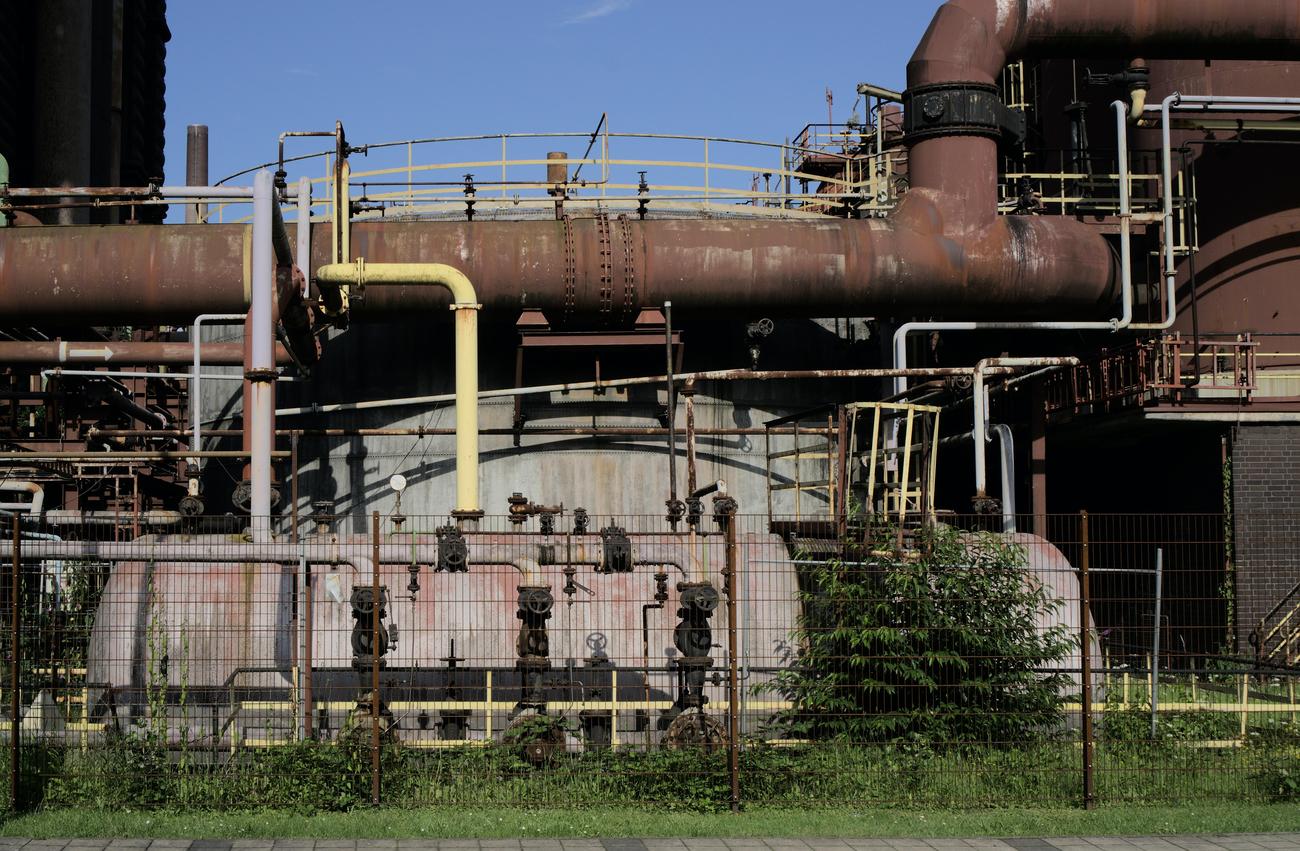Are you ready to explore the world of aluminum and its extraordinary influence across industries? In this article, we delve into the captivating story of this incredible metal, highlighting its unrivaled significance in driving innovation, sustainability, and efficiency across sectors such as automotive, aerospace, construction, and packaging. As a seasoned engineer specializing in material sciences, I invite you to join me on this fascinating journey as we discover how aluminum has revolutionized industries and shaped a more sustainable future. Get ready to be amazed by the remarkable impact of aluminum!

The Significance of Aluminum in Industries: Revolutionizing Efficiency and Sustainability
Aluminum, a lightweight and highly recyclable material, has become a cornerstone in various industries, driving innovation, sustainability, and efficiency. Its unique properties and versatile applications have revolutionized sectors such as automotive, aerospace, construction, and packaging. Let’s delve into the significance of aluminum in these industries and explore its remarkable impact on shaping a more sustainable future.
Construction Industry:
In the construction industry, aluminum plays a pivotal role in revolutionizing efficiency and sustainability. Its lightweight nature makes it an ideal choice for structures such as curtain walls, roofing systems, and window frames. By using aluminum, builders can reduce the weight of structures, leading to cost savings in transport and erection. Furthermore, aluminum’s corrosion resistance ensures the longevity of buildings, reducing maintenance costs over time. Its recyclability also adds to its sustainable appeal, as aluminum can be reused without compromising its properties.
- The significance of aluminum in the construction industry lies in its ability to enhance efficiency through lightweight structures, reduce maintenance costs, and contribute to sustainable practices.
Automotive Industry:
Aluminum’s significance in the automotive industry cannot be overstated. Its lightweight nature not only improves fuel efficiency but also enhances vehicle performance. Aluminum is extensively used in components such as engine blocks, body panels, and suspension systems, which contribute to weight reduction and improved handling. Additionally, aluminum’s excellent crash absorption properties provide enhanced safety to vehicle occupants. Furthermore, recycling automotive aluminum contributes to the circular economy, reducing the industry’s environmental footprint.
- In the automotive industry, the significance of aluminum lies in its ability to improve fuel efficiency, enhance vehicle performance, and contribute to a more circular economy.
Aerospace Industry:
The aerospace industry heavily relies on aluminum due to its exceptional strength-to-weight ratio. Aluminum alloys are used in various aircraft components, including fuselages, wings, and landing gear. By incorporating aluminum, aerospace manufacturers can reduce the weight of aircraft, resulting in improved fuel efficiency and increased payload capacity. Aluminum’s resistance to extreme temperatures and corrosion also ensures the safety and longevity of aircraft structures.
- In the aerospace industry, the significance of aluminum is evident in its ability to enhance fuel efficiency, increase payload capacity, and provide structural integrity to aircraft.
Packaging Industry:
Aluminum’s significance in the packaging industry stems from its exceptional barrier properties, preserving the quality and freshness of goods. Aluminum foil and containers are widely used for food packaging, ensuring protection against oxygen, light, moisture, and contaminants. Moreover, aluminum packaging is highly recyclable, contributing to a circular economy and reducing waste. Its versatility and sustainability make it an ideal choice for both consumer and industrial packaging needs.
- In the packaging industry, the significance of aluminum lies in its ability to preserve the integrity of goods, provide a barrier against external elements, and contribute to a more sustainable packaging solution.
[the significance of aluminum in industries]
In conclusion, aluminum is a key driver in revolutionizing efficiency and sustainability across industries such as construction, automotive, aerospace, and packaging. Its lightweight nature, corrosion resistance, recyclability, and exceptional strength-to-weight ratio make it an indispensable material. By incorporating aluminum into various applications, industries can enhance efficiency, reduce environmental impact, and shape a more sustainable future.
- Aluminum’s lightweight nature, exceptional strength-to-weight ratio, and recyclability make it a significant material in revolutionizing industries, driving efficiency, and paving the way for a sustainable future.
Aluminum, a fascinating element with a myriad of interesting facts, never fails to arouse curiosity. Did you know that aluminum is the third most abundant element on Earth’s crust? Its versatility and lightness make it a favored material in various industries, from aerospace to construction. But there’s more to discover! If you’re ready to delve into the captivating world of aluminum, click here for a collection of intriguing facts about this remarkable element. Happy exploring! interesting facts about aluminum element

FAQ
What are the unique properties of aluminum that make it valuable in various industries?
Aluminum possesses exceptional properties that contribute to its significance in industries. It is lightweight, highly recyclable, and has high reflectivity. These qualities make it ideal for applications in construction, transportation, electrical equipment, packaging, and more.
How does aluminum contribute to driving innovation across industries?
Aluminum has played a pivotal role in driving innovation by enabling the development of lightweight and fuel-efficient vehicles in the automotive industry. It has also facilitated advancements in aerospace technologies, construction materials, and packaging solutions. Aluminum’s versatility and unique properties open doors for creative and sustainable solutions in various sectors.
What is the role of aluminum in promoting sustainability?
Aluminum offers a sustainable alternative to conventional materials due to its recyclability and energy-saving properties. Recycling aluminum requires significantly less energy compared to primary production, contributing to the reduction of carbon emissions. Additionally, lightweight aluminum components enhance energy efficiency in transportation and construction, reducing fuel consumption and greenhouse gas emissions.
How does aluminum contribute to efficiency in industries?
The lightweight nature of aluminum enables increased efficiency in sectors such as automotive and aerospace. By replacing heavier materials, aluminum reduces the overall weight of vehicles and aircraft, leading to improved fuel efficiency and reduced operating costs. Furthermore, aluminum’s excellent thermal conductivity makes it valuable in heat transfer applications, enhancing the efficiency of cooling systems and electrical equipment.
What steps are being taken to address the environmental challenges associated with aluminum production?
Efforts are being made to enhance the sustainability of the aluminum industry. Advanced recycling technologies are being developed to increase aluminum recycling rates, conserving resources and minimizing waste. Additionally, research and development focus on improving energy efficiency during aluminum production processes. Collaborations between industry stakeholders, government bodies, and environmental organizations aim to implement best practices and reduce the environmental footprint of aluminum production.
- Georgia Platform: A Southern Strategy, 1850s - March 31, 2025
- How many weeks is 40 days: Quick Conversion Guide for Accurate Results - March 31, 2025
- How many feet is 300 meters? 984 Feet: Understand Length Conversions Easily - March 31, 2025
















